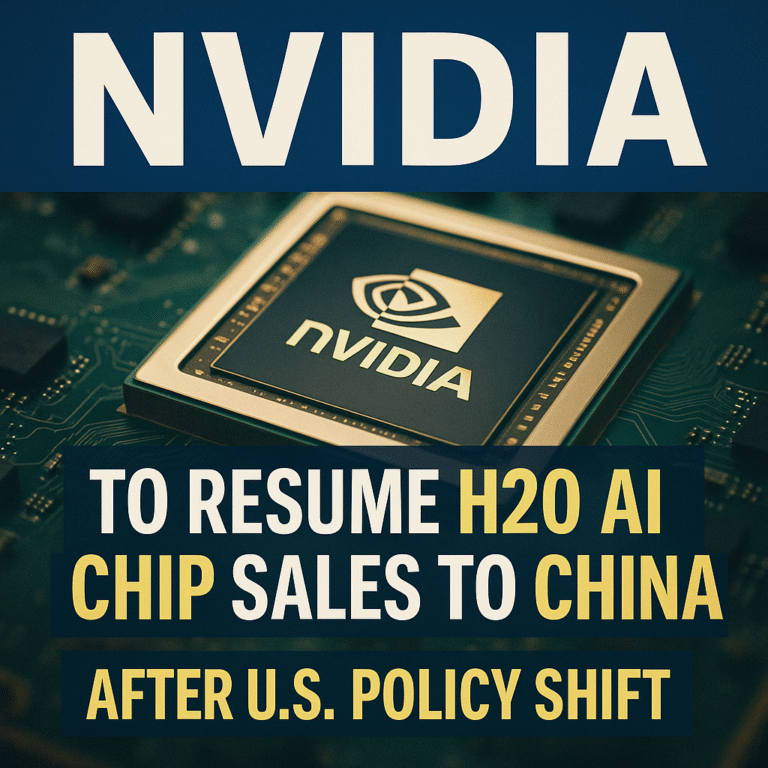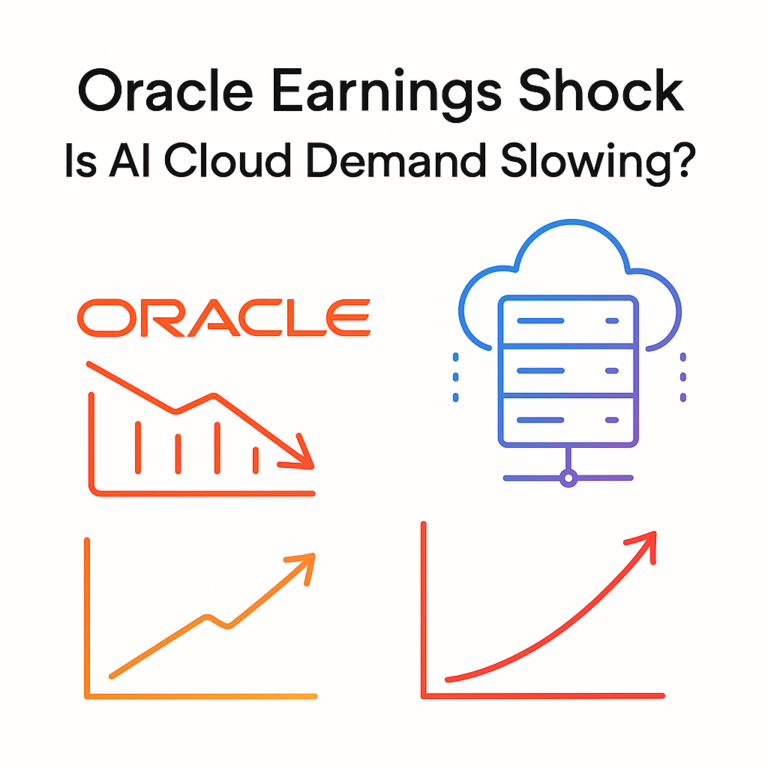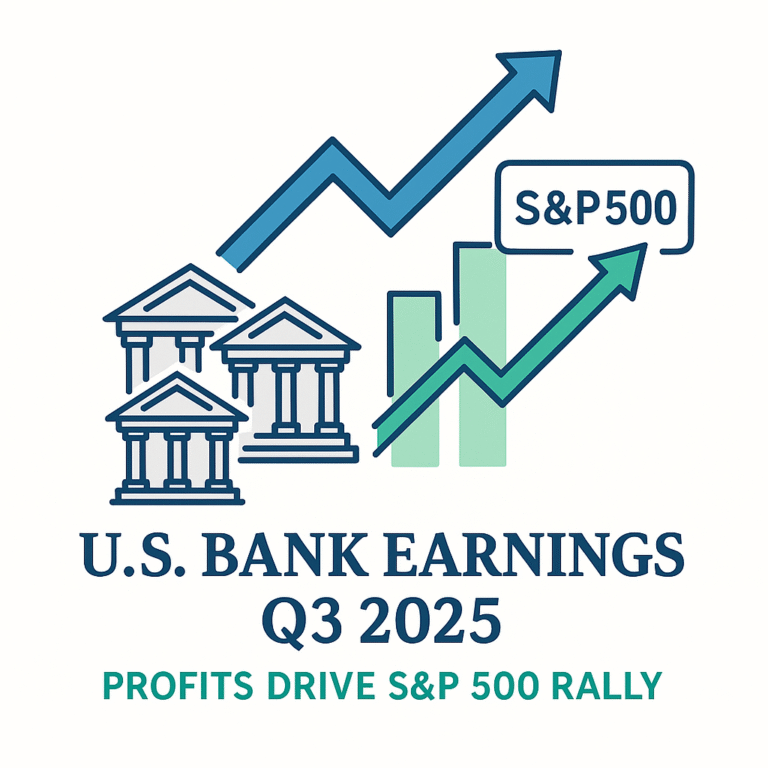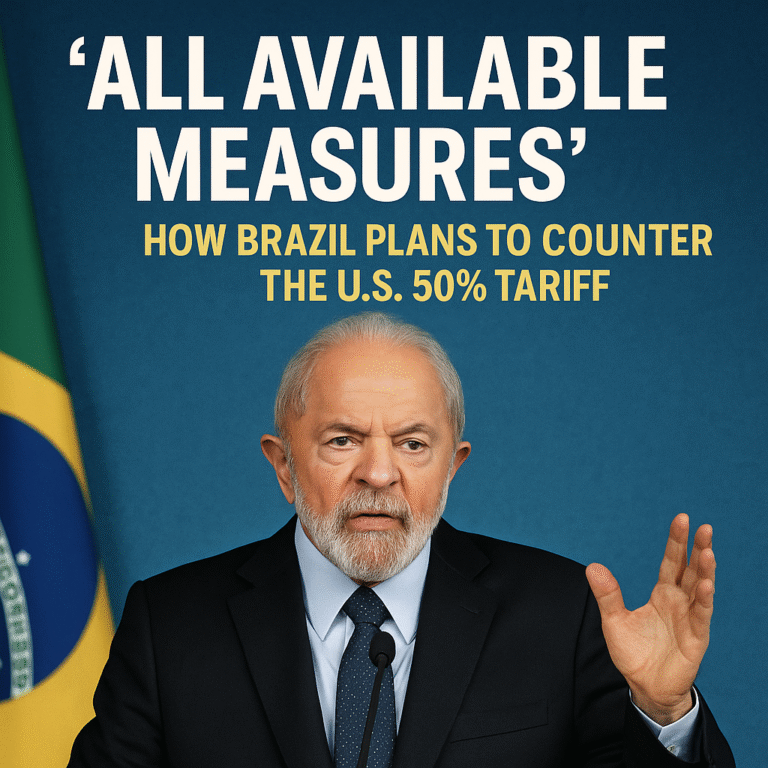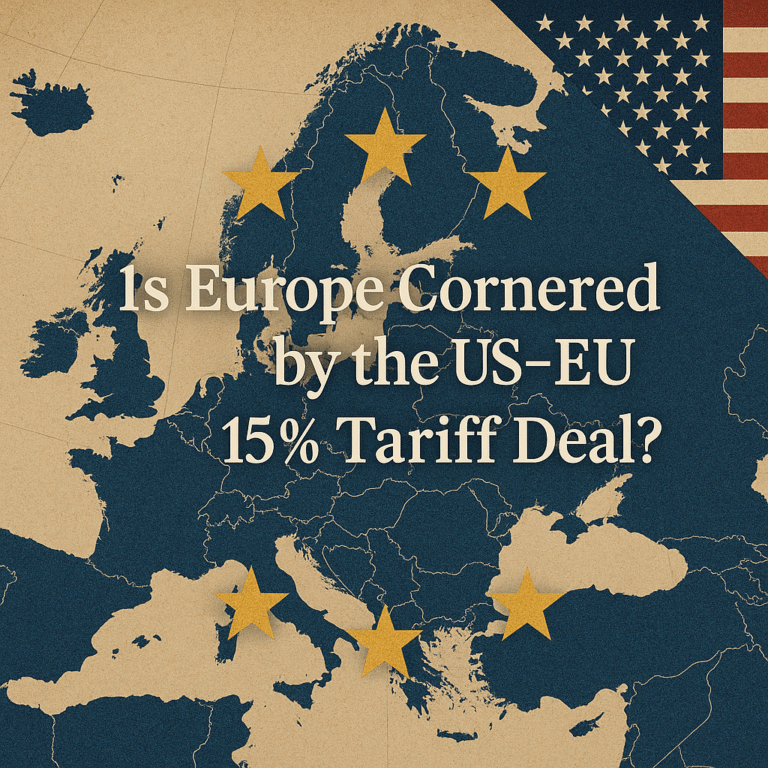The AI Talent War: Why Apple Lost Its Key AI Expert to Meta’s Superintelligence Ambitions
Apple’s AI foundation models team leader Ruoming Pang joins Meta’s superintelligence team with a multi-million dollar salary package.
Explore how Silicon Valley’s AI talent war is reshaping the tech industry landscape.
Key Takeaways
The Move That Shook Silicon Valley
On July 7th, Silicon Valley was rocked by news that sent shockwaves through the tech industry. Ruoming Pang, the senior engineer who led Apple’s AI foundation models team, was jumping ship to Meta’s newly formed superintelligence division. This wasn’t just another job change—it marked the beginning of an all-out war for the most valuable asset in the AI era: human talent.
According to Bloomberg reports, Meta offered Pang an eye-watering annual compensation package worth tens of millions of dollars. This astronomical figure represents more than just competitive bidding; it’s a clear signal that the market value of AI expertise has reached stratospheric levels, fundamentally reshaping how tech giants approach talent acquisition.
Who is Ruoming Pang?
Ruoming Pang represents the caliber of AI talent that companies are willing to pay premium prices for. The distinguished engineer joined Apple in 2021 from Google (Alphabet), where he had built a reputation as one of the field’s most capable researchers. At Apple, Pang took charge of the foundation models team, playing a pivotal role in developing on-device AI technologies that power iPhone and Mac systems.
His expertise lies in a particularly valuable niche: optimizing large language models (LLMs) to run efficiently on smaller devices. This capability is crucial for Apple’s “privacy-first” AI strategy, which prioritizes keeping user data on-device rather than sending it to cloud servers. By enabling AI functionality directly within devices, Apple can maintain user privacy while delivering fast response times—a competitive advantage that Pang helped architect.
Pang’s departure represents more than the loss of a single engineer; it’s the exodus of institutional knowledge and leadership that took years to build.
Meta’s Superintelligence Gambit
To understand why Pang made this career-defining move, we need to examine Meta’s ambitious AI transformation. CEO Mark Zuckerberg has declared 2025 as the company’s “Year of AI,” initiating a massive organizational restructuring that signals Meta’s serious commitment to AI supremacy.
The $14.3 Billion Scale AI Investment
Meta’s strategy became clear in June when the company invested $14.3 billion in Scale AI, a data labeling specialist, acquiring a 49% stake in the process. This wasn’t just a financial investment—it was a talent acquisition play. Meta simultaneously recruited Scale AI’s founder and CEO, Alexandr Wang, to spearhead a new “Superintelligence Lab.”
This move demonstrates Meta’s commitment to achieving artificial general intelligence (AGI) and eventually superintelligence—AI systems that surpass human cognitive abilities across all domains. The Scale AI partnership provides Meta with both the infrastructure and leadership needed to pursue this ambitious goal.
Unified AI Organization Structure
Meta has consolidated its previously scattered AI research efforts under the superintelligence lab umbrella. This centralization, led by Alexandr Wang, creates a focused organization of approximately 50 top-tier AI specialists. The streamlined structure enables more efficient resource allocation and faster decision-making in AI development initiatives.
The lab’s mission extends beyond incremental improvements to existing AI systems. Instead, it aims to make breakthrough discoveries that could fundamentally transform how AI systems learn, reason, and interact with the world.
The Blow to Apple’s AI Ambitions
Pang’s departure strikes Apple at a particularly vulnerable moment in its AI journey, creating multiple challenges for the company’s strategic priorities.
On-Device AI Development Setback
Apple’s AI strategy centers on “on-device AI”—processing AI computations directly on user devices rather than in cloud servers. This approach offers two critical advantages: enhanced privacy protection and reduced latency. However, it also presents significant technical challenges, as AI models must be optimized to run efficiently on mobile processors with limited computational resources.
Pang was instrumental in solving these optimization challenges. His expertise in model compression, quantization, and efficient inference techniques made him irreplaceable in Apple’s AI development pipeline. Without his leadership, Apple faces potential delays in rolling out advanced AI features across its product ecosystem.
Competitive Disadvantage in AI Race
Apple already faces criticism for lagging behind competitors like Google, OpenAI, and Microsoft in AI capabilities. The loss of a key AI leader exacerbates this perception and creates real operational challenges. While Apple’s integration of AI features into iOS and macOS has been gradual, competitors have rapidly deployed more advanced AI assistants and productivity tools.
The departure also raises questions about Apple’s ability to retain top AI talent in an increasingly competitive market. If other key researchers follow Pang’s example, Apple could face a talent drain that would seriously compromise its AI ambitions.
Meta’s Strategic Opportunity
While Apple faces setbacks, Meta gains significant advantages from Pang’s recruitment that extend across multiple product categories.
Mobile AI Technology Enhancement
Pang’s on-device AI expertise directly addresses Meta’s hardware ambitions. The company’s Ray-Ban smart glasses and Quest VR headsets require powerful AI capabilities that can operate efficiently within the constraints of mobile hardware. Features like real-time language translation, object recognition, and contextual assistance demand the kind of optimization techniques that Pang perfected at Apple.
This technical knowledge could accelerate Meta’s timeline for deploying advanced AI features across its hardware portfolio, potentially giving the company a competitive edge in the emerging AR/VR market.
Superintelligence Development Acceleration
Beyond immediate product applications, Pang’s addition to the superintelligence lab strengthens Meta’s long-term AI research capabilities. His experience leading teams and managing complex AI projects provides valuable leadership depth to complement Alexandr Wang’s strategic vision.
The combination of Pang’s technical expertise and Meta’s substantial financial resources creates a formidable research environment that could attract additional top-tier AI talent from across the industry.
The Reality of Silicon Valley’s AI Talent War
Pang’s job change illuminates the intense competition for AI expertise that’s transforming Silicon Valley’s employment landscape.
Astronomical Compensation Packages
The multi-million dollar salary packages offered to top AI researchers now routinely exceed traditional software engineering compensation by factors of 10 or more. This dramatic escalation reflects companies’ recognition that AI capabilities will determine future competitive positioning across industries.
Major tech companies are treating AI talent acquisition as a strategic imperative rather than a traditional hiring decision. The willingness to pay unprecedented salaries demonstrates how highly these companies value AI expertise and their fear of falling behind in the AI race.
Escalating Headhunting Competition
Meta’s aggressive recruitment extends beyond Pang to a broader pattern of targeted headhunting across the industry. Companies like OpenAI, Google, Amazon, and Microsoft are actively recruiting each other’s key AI personnel, creating a dynamic environment where talent loyalty is increasingly tested by financial incentives.
This competition has created a virtuous cycle for AI researchers but potentially destabilizing effects for companies investing heavily in AI development. The constant threat of talent poaching forces companies to continuously reevaluate their compensation structures and retention strategies.
Impact on Startup Ecosystem
The big tech talent war has cascading effects on AI startups, which often struggle to compete with the compensation packages offered by established companies. Many promising AI startups face the challenge of losing key personnel to better-funded competitors, potentially slowing innovation in the broader AI ecosystem.
However, this dynamic also creates opportunities for startups to differentiate themselves through equity upside, research freedom, and the chance to work on cutting-edge problems without corporate constraints.
Future Workforce Implications
AI experts predict that the future job market will increasingly polarize around two distinct categories of valuable workers.
AI Development Specialists
Professionals like Ruoming Pang who possess deep technical expertise in AI system development will continue commanding premium compensation. These individuals understand the intricacies of model architecture, training methodologies, and deployment optimization that remain critical to AI advancement.
The demand for such specialists will likely increase as AI systems become more sophisticated and require increasingly specialized knowledge to develop and maintain.
Uniquely Human Capabilities
Workers who possess capabilities that AI systems cannot easily replicate—such as creative problem-solving, emotional intelligence, complex ethical reasoning, and interpersonal skills—will maintain their value in an AI-driven economy.
The key for professionals in this category will be continuously developing and demonstrating these uniquely human capabilities while learning to work effectively alongside AI systems.
Corporate Response Strategies
The intense competition for AI talent is forcing companies to develop more sophisticated retention and recruitment strategies.
Apple’s Countermeasures
Apple faces the immediate challenge of filling the leadership vacuum left by Pang’s departure. The company will likely need to offer more competitive compensation packages and accelerate internal talent development programs. Apple may also need to reconsider its traditionally conservative approach to salary negotiations for critical roles.
Additionally, Apple might explore alternative strategies such as acquiring AI startups primarily for their talent rather than their technology, or developing stronger partnerships with academic institutions to build a talent pipeline.
Meta’s Continued Expansion
Meta’s success in recruiting Pang will likely encourage the company to pursue additional high-profile AI researchers. The superintelligence lab provides an attractive destination for researchers seeking to work on fundamental AI challenges with substantial resource backing.
Meta’s $14.3 billion Scale AI investment provides the company with both financial resources and organizational infrastructure to continue aggressive talent acquisition across the AI field.
Industry-Wide Adaptations
Other major tech companies are observing Meta’s strategy and adapting their own approaches accordingly. Google, Microsoft, and Amazon are all expected to increase their AI talent acquisition efforts and potentially restructure their compensation packages to remain competitive.
The industry may also see the emergence of new retention strategies, such as longer-term equity packages, research sabbaticals, or guaranteed research funding to keep top talent engaged.
Global Implications
The AI talent war extends beyond Silicon Valley, with international implications for technology development and economic competitiveness.
International Talent Migration
The high salaries offered by US tech companies are attracting AI researchers from around the world, potentially creating brain drain effects in other countries. This migration could concentrate AI development capabilities in Silicon Valley while limiting innovation in other regions.
Government Policy Responses
Countries may need to develop policies to retain AI talent and build competitive research environments. This could include increased research funding, tax incentives for AI companies, or immigration policies designed to attract international AI experts.
Academic Institution Pressure
Universities face increasing pressure to retain AI faculty who receive lucrative offers from industry. This dynamic could affect the quality of AI education and research in academic settings, potentially requiring new models of industry-academia collaboration.
The New Economics of Innovation
Ruoming Pang’s move from Apple to Meta represents more than a high-profile job change—it signals a fundamental shift in how technology companies approach innovation and competition. In the AI era, human expertise has become the most valuable and scarce resource, leading to unprecedented investment in talent acquisition.
This transformation has far-reaching implications for the entire technology ecosystem. While talent competition accelerates AI development through increased investment and focus, it also creates potential instabilities as companies struggle to retain key personnel and maintain consistent development trajectories.
The astronomical compensation packages may seem excessive, but they reflect the genuine belief among tech leaders that AI capabilities will determine future market leadership. Companies that fail to attract and retain top AI talent risk falling behind in what many consider the most important technological race of our generation.
Perhaps most significantly, Pang’s decision may have been motivated by more than financial considerations. The opportunity to contribute to achieving superintelligence—potentially the most significant technological milestone in human history—represents the kind of ambitious vision that attracts the world’s top researchers.
As the AI talent war continues to intensify, the companies that successfully combine competitive compensation with inspiring missions and cutting-edge research environments will likely emerge as the winners in the race to build the future of artificial intelligence.


